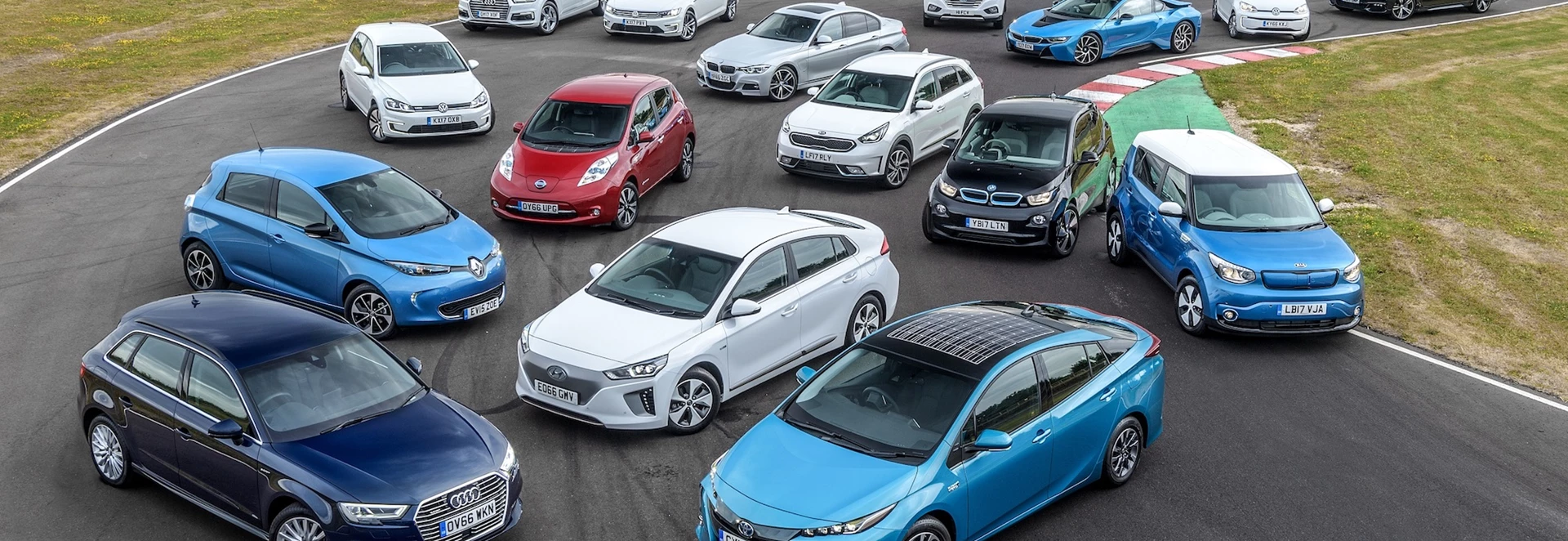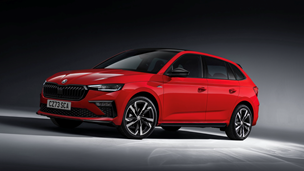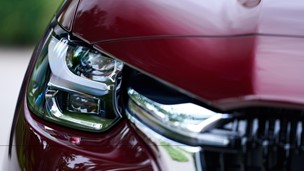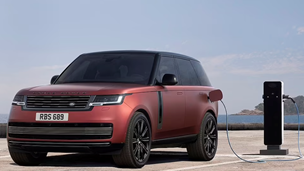New technology is always a hard sell, which is why manufacturers have been trying for years to launch electric cars with limited success.
But in recent months, increased environmental pressures, along with huge advances in battery technology, have seen electric cars finally start to gain traction in the market. Early adopters are loving their electric cars, but there are many who are still resisting the move towards a plug-in future. Part of the reason is a lack of belief that the technology has a sustainable future – read on to find out why that’s not the case…
Electric cars have a limited range
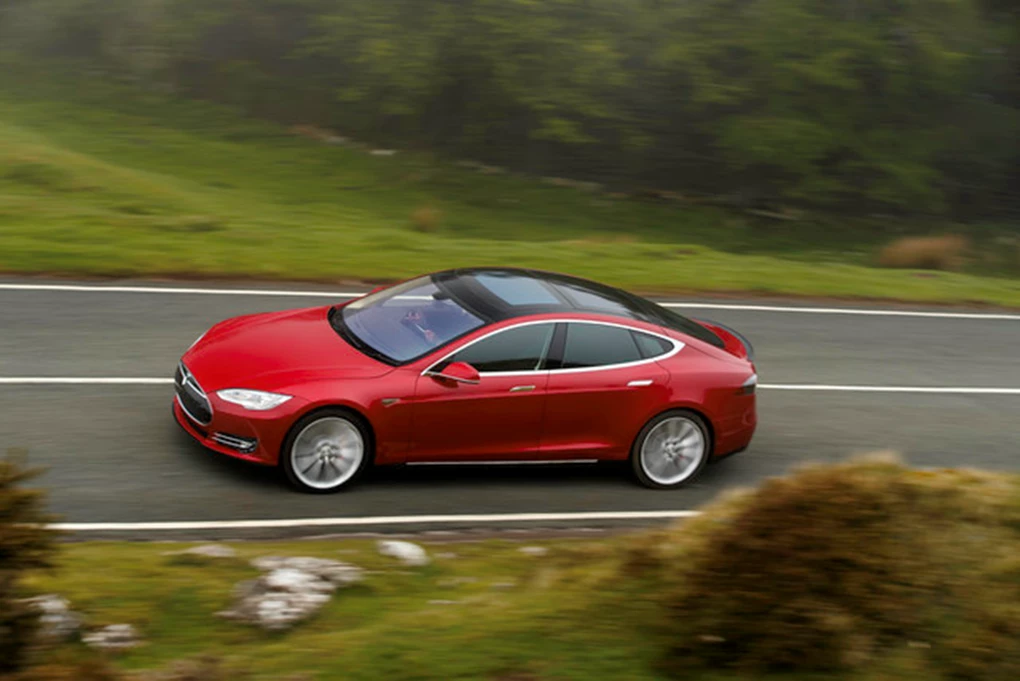
Yes, they do. But not in the way that they used to. Historically, electric cars would only travel 20 or 30 miles before they were depleted, meaning that they were really only any use to urban dwellers with the facility to charge them at home. Today, though, the best electric cars will travel as far as 400 miles on a single charge and this is improving all the time. If you’re a high mileage driver, there’s also the plug-in hybrid option, which provides a petrol motor to take over and ensure you reach your destination with no inconvenience
Electric cars aren’t really ‘green’
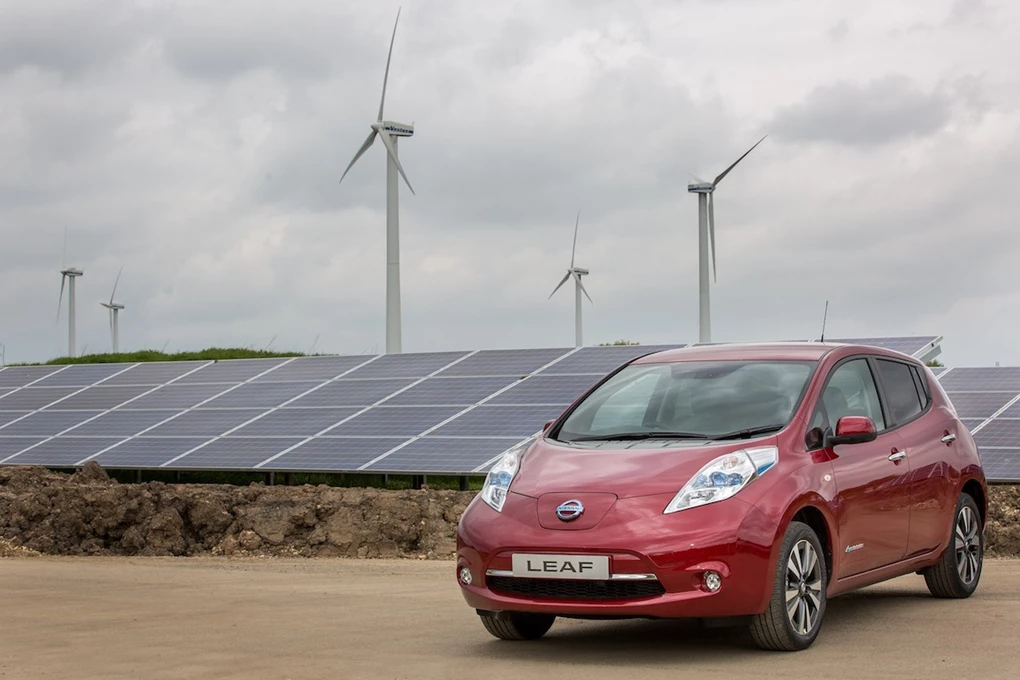
Really? There is an argument that generating electricity uses as much energy as burning fossil fuel, especially if that electricity is generated from a coal-fired power station. But that’s a job for the electricity industry to clean up, and with increasing amounts of wind and solar-generated power, it’s already happening. In the meantime, improving air quality by removing tailpipe emissions is a difficult argument to counter.
Batteries aren’t covered by warranty
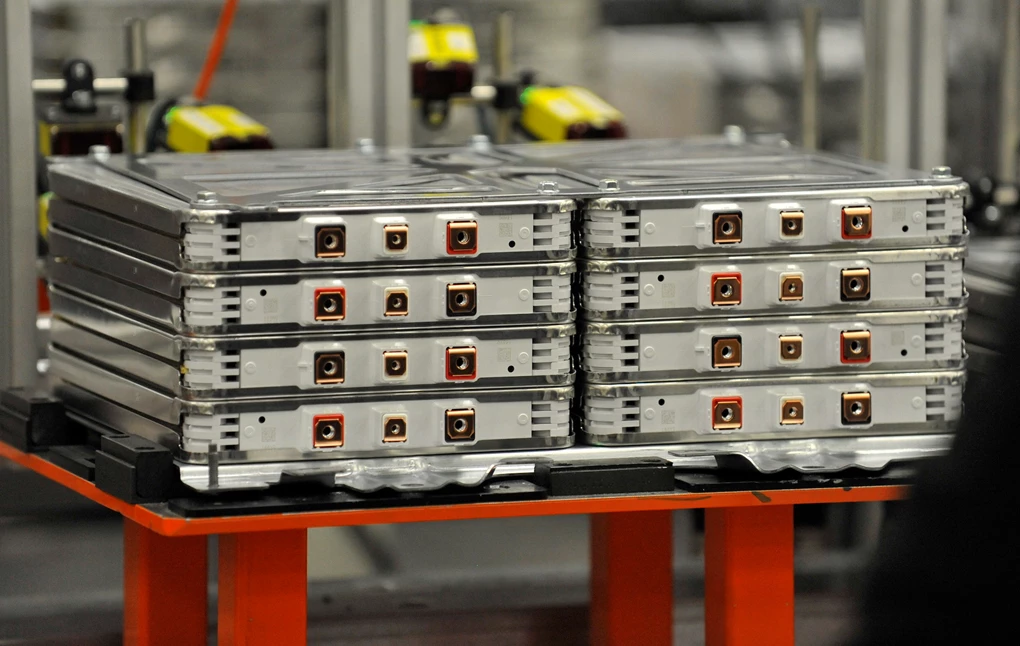
Batteries and the cars they’re attached to are often from separate manufacturers, but this doesn’t mean they’re not covered by warranty. The Chevrolet Volt, for example, has a longer guarantee on its battery (from electronics giant LG) than it does on the actual car, with an eight-year period of cover. Other manufacturers, such as Renault, offer battery leasing schemes where if the battery packs up, it’s replaced for free.
Batteries can’t be disposed of safely
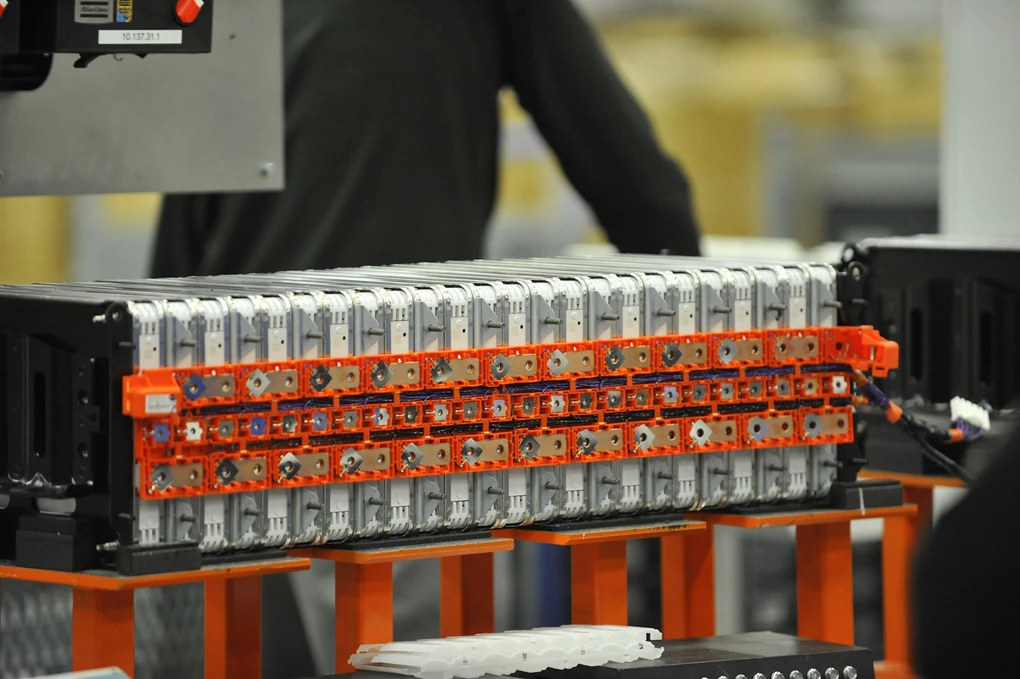
Most EV batteries are based on lithium-ion technology, which is the same power source that’s used by mobile phone and tablet manufacturers. In the USA, there already exists an agreement between car manufacturers and makers of personal technology to take back depleted batteries at the end of their lives and break down the cells to make batteries for mobile phones and consumer tech.
Manufacturing an electric car consumes more energy than a conventional one
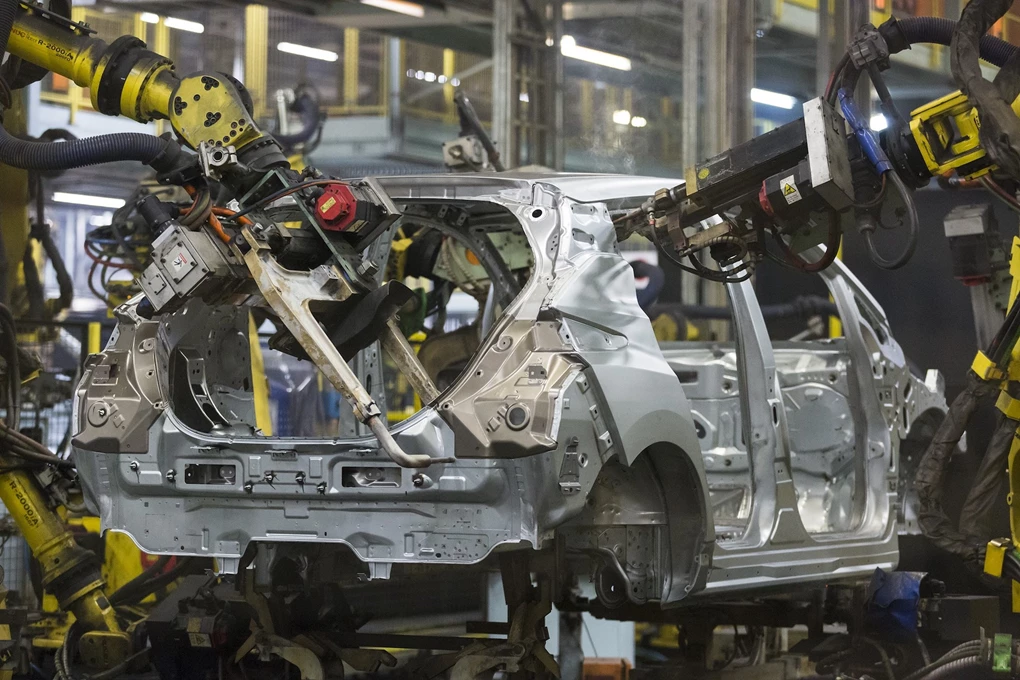
Not really. Battery manufacturers make batteries, car manufacturers make cars. As a result, the actual process of making a car isn’t any different, really. The battery is just a component that gets fitted into the car. Admittedly, the battery manufacturing process requires some environmental impact, but then, so does engine production…
Charging takes too long
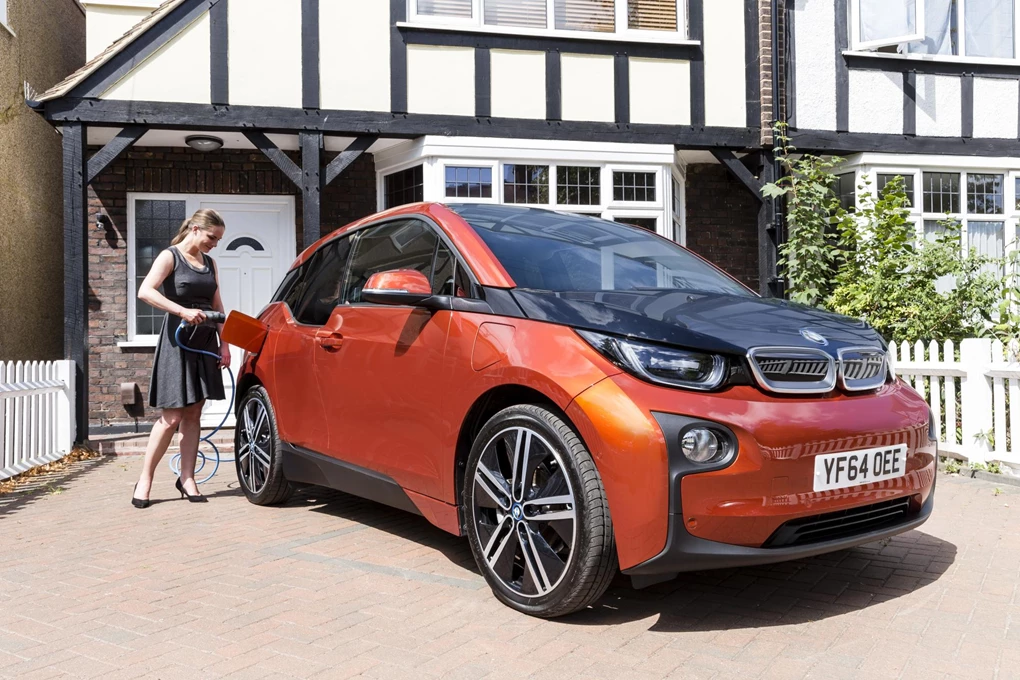
Not really. With fast-charging units popping up all over the country, most electric cars can be recharged to 80 per cent of their capacity in around half an hour. Plus, every motorway service station in the UK now has charging points, as do most supermarkets. True, it takes longer than filling up with petrol, but if you plan your journey, then by the time you’ve used the loo and had a coffee, your car will be good to go for another 200 miles…
There isn’t a good enough infrastructure
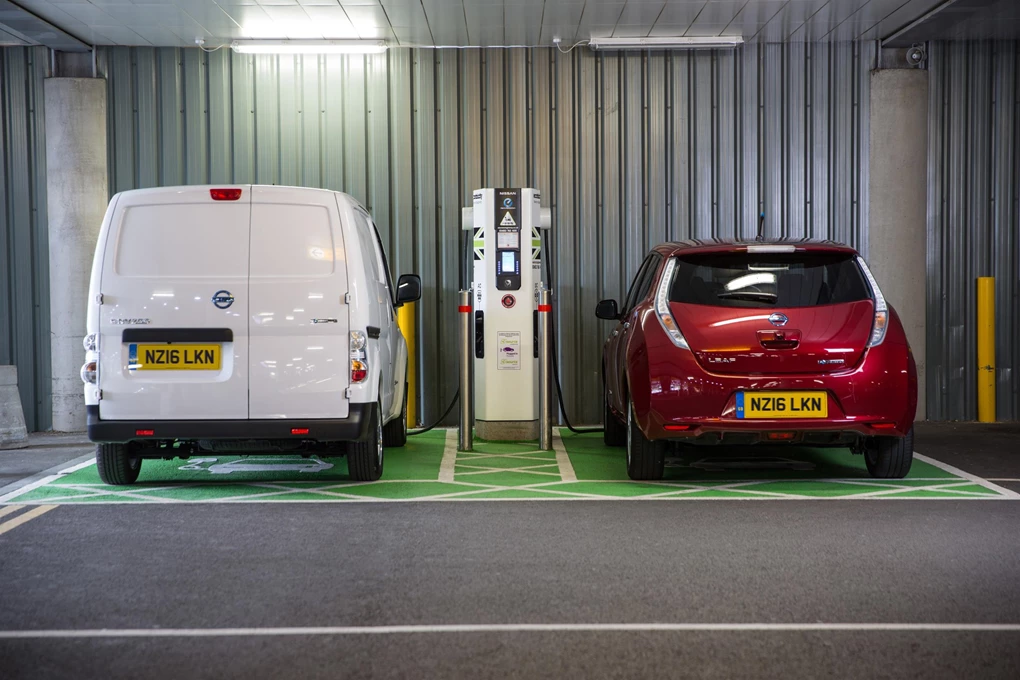
Again, this is changing. Most major cities now have more charging points than demand for them, so finding somewhere to plug in and get some juice isn’t the challenge it used to be. Plus, many local authorities allow EV users to park in their charging bays for free.
They’re expensive to buy
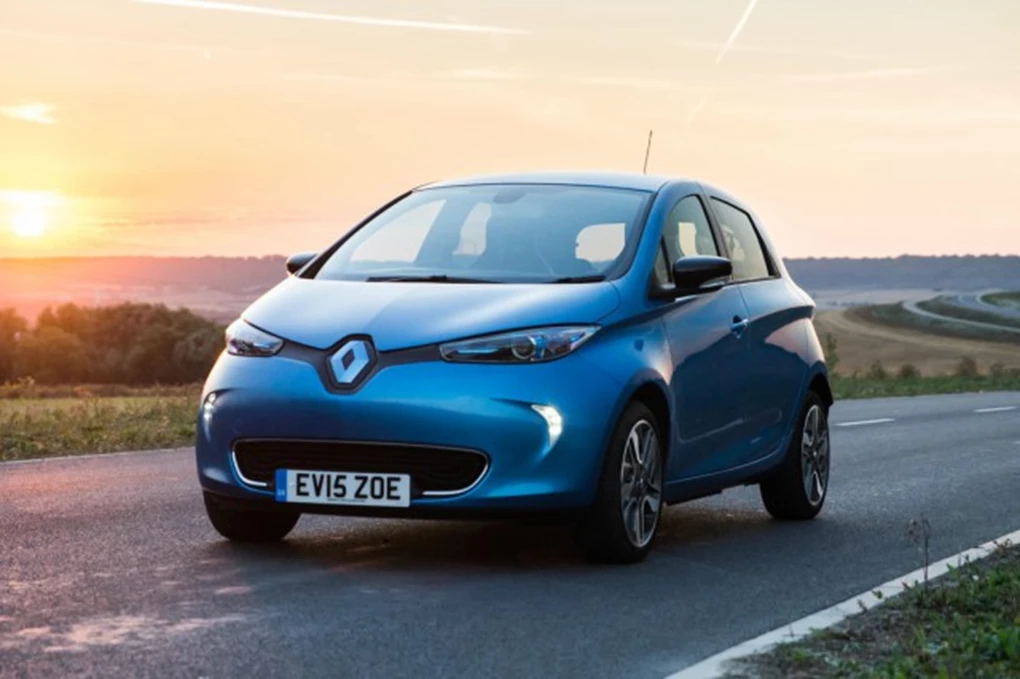
On list price alone, EVs are generally more expensive than their petrol or diesel-powered equivalents, but like all new technologies, they’re getting cheaper by the minute. When you consider how much cheaper they are to run, and how less likely they are to go wrong, any additional outlay is very quickly and easily offset.
Not enough people are buying them
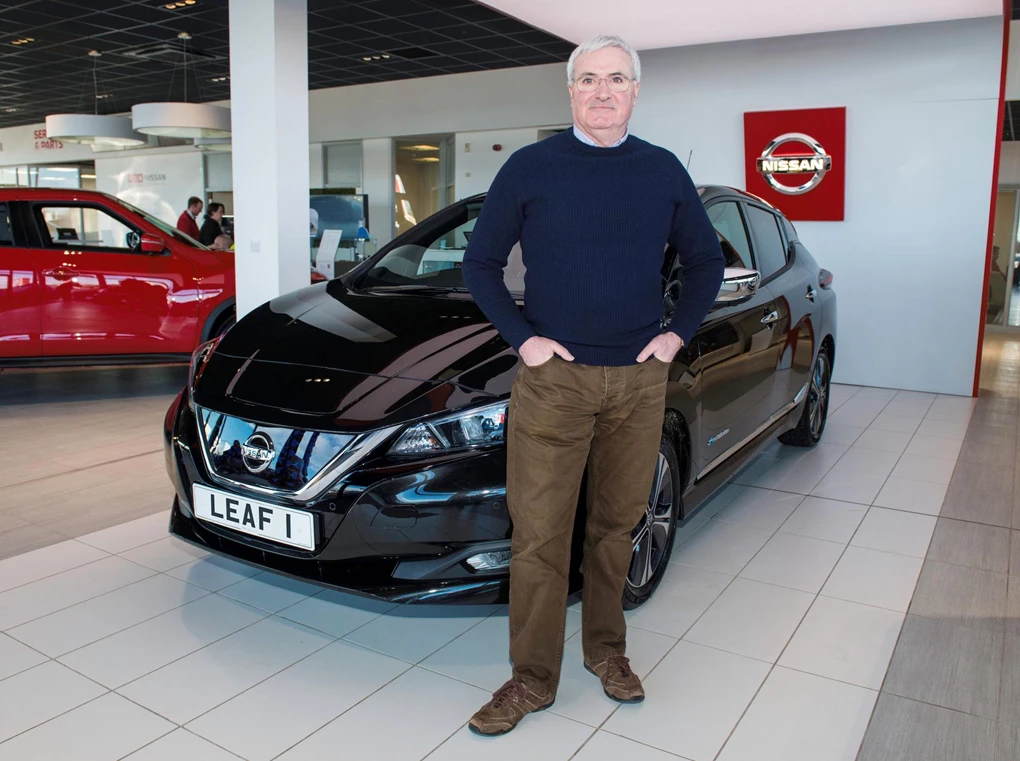
This has been the biggest change in the past 12 months. While diesel sales dropped by 17 per cent in 2017, registrations of alternatively fueled cars (mostly electric or plug-in hybrid) increased by 35 per cent. They still only account for one out of every 20 new car sales, but this is changing rapidly.
Performance is worse than petrol or diesel cars
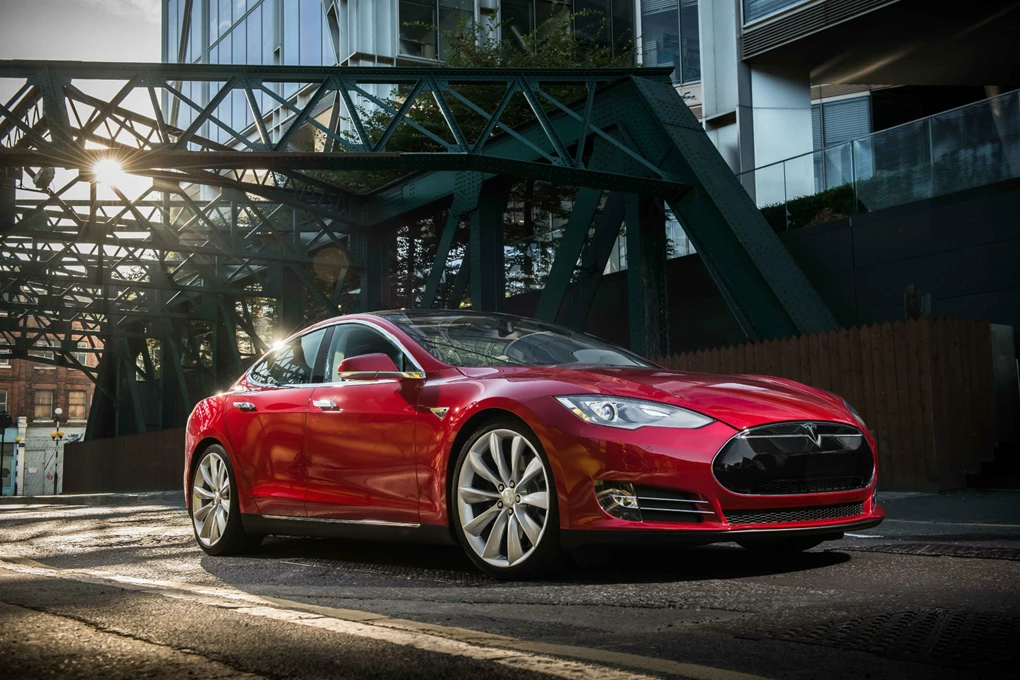
Electric cars are quick. Very quick… Even a milk float is quicker off the mark then most petrol or diesel cars as the torque transfer is instant. The Tesla Model S accelerates from 0-60mph in 2.5 seconds, making it the fastest accelerating saloon car of all-time. Need we go on?
